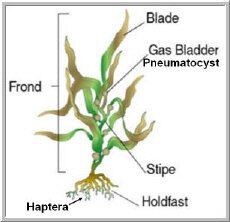Click on the picture above or this LINK to go to the CIMI photo galleries. There are seven albums with over 500 pictures. Albums include the boat trip, camp & free swim, climbing wall, hikes, kayaking, labs, and snorkeling.
To start a slide show, click on an individual picture, adjust the pause delay, and then click on "Play" to begin the slide show.
At the end of the slideshow, scroll down to the bottom of the page and click on "Return to thumbnails" to return to the gallery view.
|
11 Oct 2011 by |
|

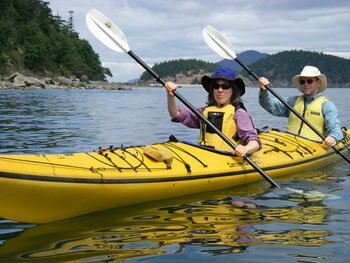
 Mr. Clauset has installed the "Moodle" application on his web site in order to make it possible for students at Chadwick in Korea and students at Chadwick in Palos Verdes to work together on collaborative projects.
Mr. Clauset has installed the "Moodle" application on his web site in order to make it possible for students at Chadwick in Korea and students at Chadwick in Palos Verdes to work together on collaborative projects.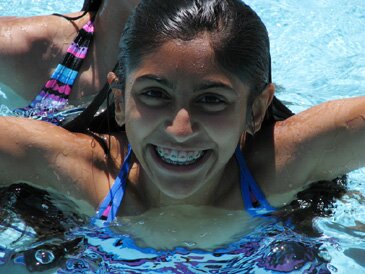
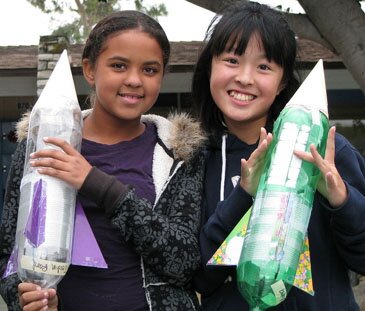
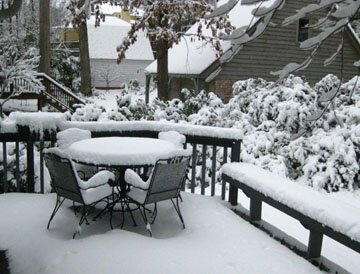
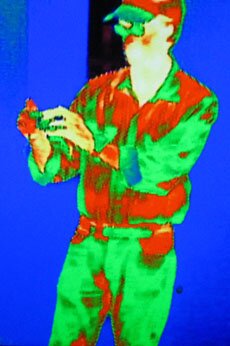 Yes, this is so cool! You just have to visit the California Science Center in downtown LA.
Yes, this is so cool! You just have to visit the California Science Center in downtown LA.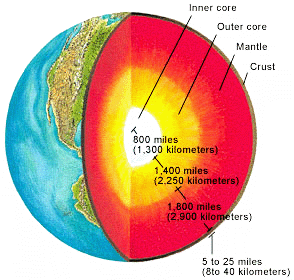 Students have begun learning about the layers of the Earth and tectonic plates.
Students have begun learning about the layers of the Earth and tectonic plates.